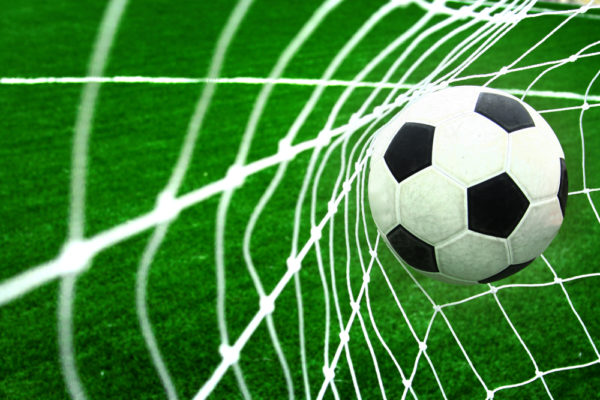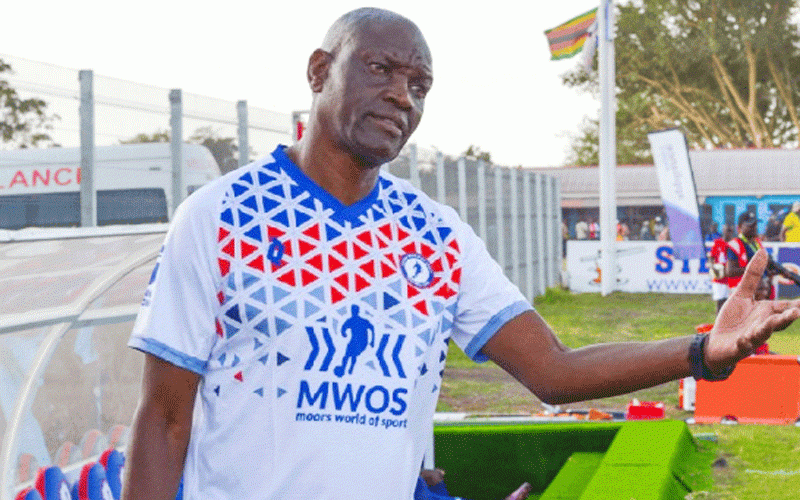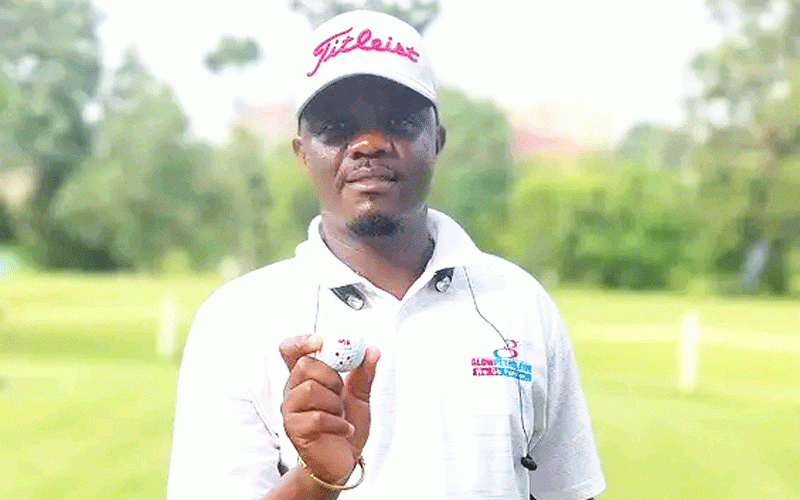
school of sport:with TIM MIDDLETON
NO-ONE likes to lose, it seems, and sportsmen will go to all lengths to avoid or prevent it, including deceit. Deceit in sport comes in different disguises. The Australian cricketers last year were caught trying to rub the ball with sandpaper to create more swing for their bowlers. Ben Johnson won the 100 metre final in the 1988 Olympics only to be found to have used drugs. Lance Armstrong won an astonishing seven Tour De Frances, only to be found later to have used drugs. Maradona famously used his hand to “head” the ball into the goal in a World Cup quarter-final against England in 1986.
Thierry Henry used his hand deliberately to control the ball in the build-up to the goal that France scored in their 2010 World Cup qualifier play-off match against the Republic of Ireland. Stuart Broad did not walk when he nicked a ball to first slip and the umpire did not see it (and the Australians had used all their reviews) in a 2013 Ashes cricket match. Tom Williams faked a blood injury in a 2009 Heineken Cup rugby quarter-final match in order to allow his team’s kicker to return to the field after being substituted. At the 2002 World Cup the Brazilian forward Rivaldo was hit by the ball on his thigh but rolled around in agony holding his head to get the opponent booked.
What all of the above have in common is that all the players sought to deceive fellow competitors and spectators in order to gain an advantage — or to put it bluntly, they all cheated in order to win. The sad thing is that many will try to justify such actions. Some argue that as there is an umpire or referee, players just need to let the referee determine if something is unfair or incorrect — in other words, cheating is fine if we get away with it.
Others will try to argue that everyone does it, so we should not get uptight about it — we should just all do it. Then, too, some will proclaim that it is professional sport, that people’s whole livelihood and futures depend on it, so it is perfectly understandable and therefore acceptable to do so (except that it is conveniently forgotten or ignored that the opponents’ whole livelihood and future depend on it too).
Sadly, such thinking comes into school sport; we should not be deceived into thinking that it is not. Sportsmen at schools are tempted, maybe even encouraged, to use drugs, to improve performance and strength; they are given fake birth certificates to accommodate them competing in a younger age group; they are included in a team even when they are not registered at the school; they are taught to dive, to appeal, to time-waste, to wait for the referee’s decision. They are thus encouraged to only admit to what they think the referee knows, to act innocent, to lie when required.
The problem with our arguments above, however, is that it also makes it perfectly acceptable therefore to deceive others in business, society and indeed marriage; we will argue it is fine to do so because our future, reputation, influence, position depends on it; it is fine to do so as long as we do not get caught; it is fine to do so because everyone else does so. So, we claim that it is totally fine in life to deceive, con, swindle, hoodwink, trick, mislead, lie, defraud, dupe — in other words to cheat.
That is even stranger as schools will also state proudly and strongly that they uphold values, in particular those of honesty, honour and integrity. Furthermore, schools will always encourage, exhort and pressurise their pupils to own up to their indiscretions in the classroom or playground. Schools will preach that pupils must not steal — but lying is simply stealing truth and deceiving is stealing victory from opponents. Schools will preach that pupils must not cheat in homework, tests or exams yet they encourage pupils to cheat in sporting examinations. We are deceiving ourselves!
- Chamisa under fire over US$120K donation
- Mavhunga puts DeMbare into Chibuku quarterfinals
- Pension funds bet on Cabora Bassa oilfields
- Councils defy govt fire tender directive
Keep Reading
It has often been said of certain cricketers that: “The only time they will walk is when they run out of petrol”; they will not (and, it is implied, should not) admit their error. However, sportsmen have actually met with defeat when they practise deceit. The same applies to schools and to society as a whole. They have lost the battle to compete fairly. They have lost the right to speak on values and on community. They have lost sight of what is important in the spotlight of success. They have lost the will to stand for what is right. There is no debate: deceit equals defeat. There is no place for it in sport; there is no place for it in society; there is no place for it in marriage; there is definitely no place for it in schools. Equally, there is no defence. We can try to wrap it up in all sorts of arguments, causes or disguises but the reality remains. ‘Deceit’ is actually spelt D.E.F.E.A.T. We must stop now! l Tim Middleton is a former international hockey player and headmaster, currently serving as the Executive Director of the Association of Trust Schools Email: [email protected]











